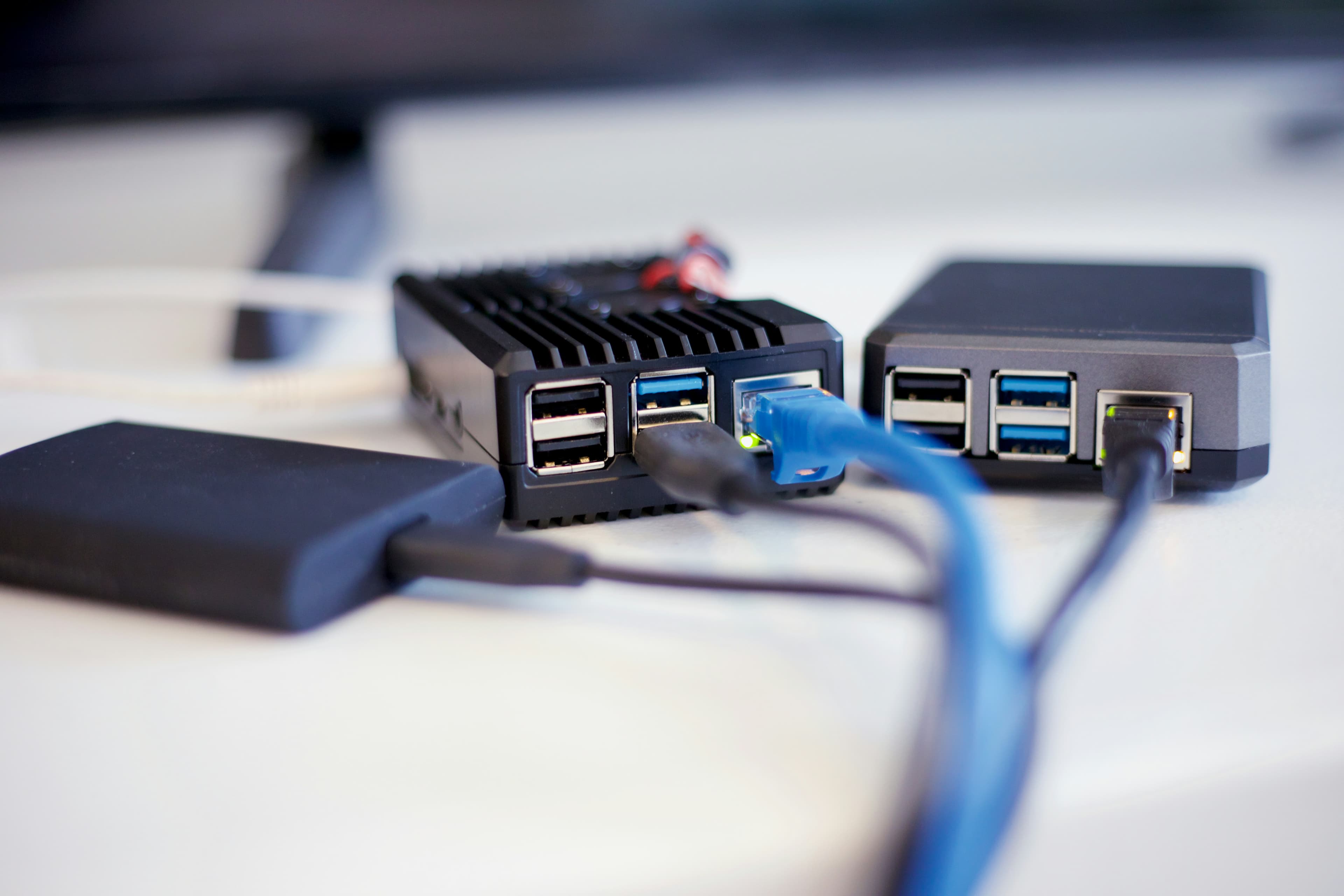~
How I set up my private home server

How I used Raspberry Pi to set up my private home server. I use it to run SQL Server, SSH, and with auto IP updater. This is just a quick overview of what I did.
My Thoughts on the Achievement
I've embarked on the journey of creating my own private server to cater to various needs. This endeavor allows me to run SQL Server, remotely access my personal computer through SSH, and perform a multitude of tasks at my convenience. In addition, I've established a cloud infrastructure for seamless access to my files from anywhere in the world. My commitment to maintaining a dynamic IP address led me to configure an IP updater, ensuring uninterrupted access to my server no matter where I am.
For my database needs, I've opted for PostgreSQL, while Cloudflare serves as my reliable DNS provider. To power this operation, I've harnessed the capabilities of a Raspberry Pi, which acts as the workhorse behind the scenes. In order to learn the ins and outs of setting up a server, I decided to take matters into my own hands and build my own.
This self-made server serves multiple purposes. It not only provides me with a platform to test my code but also serves as the backbone for my personal projects. In my pursuit of crafting a secure server, I've taken extra steps to ensure the integrity of my setup. I've also implemented OpenVPN for encryption, making connections from the outside world more secure. The traffic is routed through the Raspberry Pi to my PC, further enhancing security measures.
To connect to my server and local systems from external locations, I've employed SSH and the Raspberry Pi as an intermediary. This setup facilitates essential functionalities like Wake on LAN and remote server access. What's paramount is the robust security framework in place, ensuring that unauthorized access to my server from the outside world is virtually impossible. The VPN configuration includes a static IP address, allowing me to connect to my server from anywhere in the world, with access restricted in the absence of the VPN.
This comprehensive setup is the culmination of my efforts to create a private home server that caters to my specific needs and preferences, offering not only convenience but also top-notch security for peace of mind.
Special Thanks
Photo by Jainath Ponnala on Unsplash
Comments
Feel free to share your thoughts, feedback, or questions on setting up a private home server using Raspberry Pi in the comments section below. Let's engage in meaningful discussions and explore the endless possibilities of creating your own server!
Please Note: Sometimes, the comments might not show up. If that happens, just refresh the page, and they should appear.